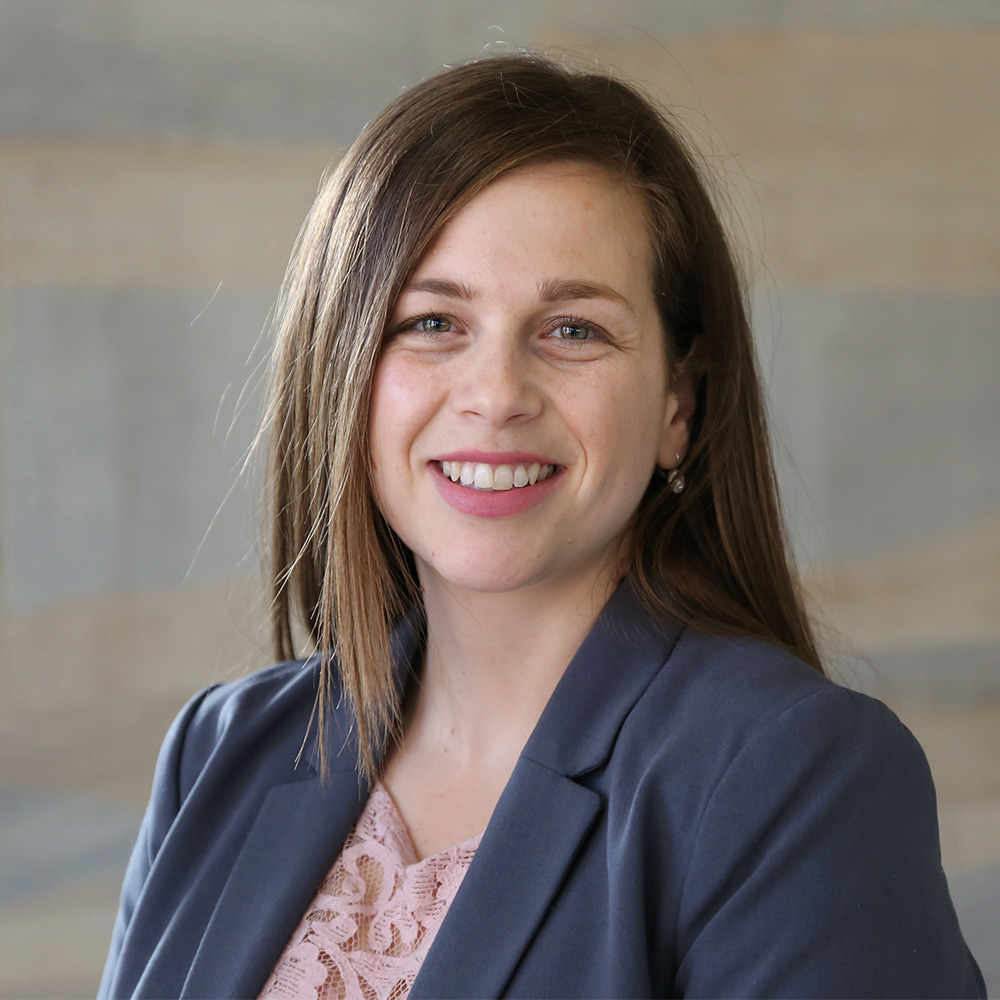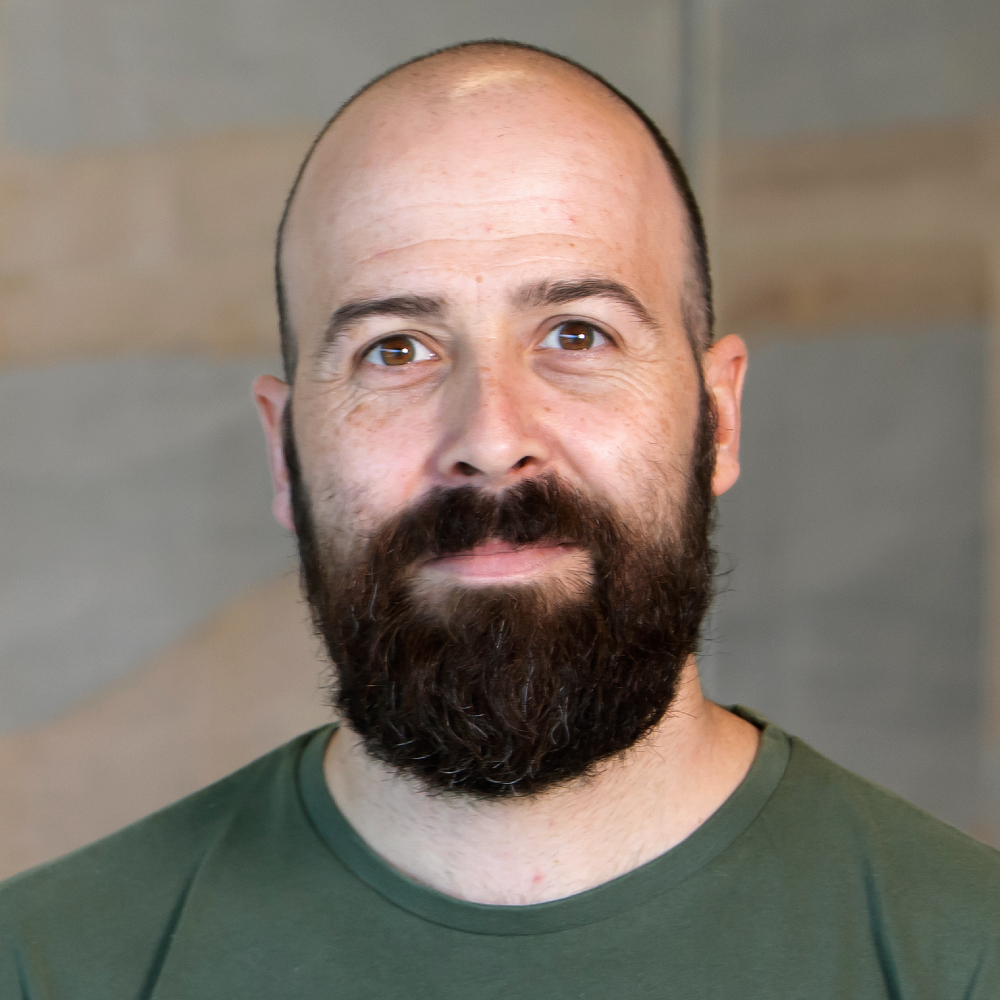Integrated Master in Politics: Politics and International Relations

Overview
What is the Integrated Master in Politics (MPol): Politics and International Relations?
The Integrated Master in Politics (MPol): Politics and International Relations is a four-year degree, or five years with an optional placement or year abroad. It combines undergraduate and postgraduate study in a single integrated programme.
Develop advanced analytical skills, deep political insight, and gain a master's qualification that can lead to meaningful careers in government, international organisations, or postgraduate research.
Why this course
The Integrated Master in Politics and International Relations (MPol) lets you fast-track your studies and graduate with both an undergraduate and master’s qualification - reducing visa and application complexity.
You’ll study in a department known for influential research in international politics, diplomacy and global governance. Our work informs policy debates, appears in leading journals and engages with major international organisations, creating a research-active environment where ideas are tested against real-world challenges. Here, you'll build analytical skills and critical perspective, helping you to understand and navigate complex global issues.
With an optional placement or study abroad year, you’ll put your skills to work in real-world settings, expanding your professional experience and global perspective before you graduate.
This course will help you develop the advanced analytical, research and problem-solving skills that employers value, preparing you to approach complex global challenges with confidence and contribute effectively in a wide range of professional settings.
Who should apply
- Students aiming to fast-track their studies while reducing visa and application complexity
- Those seeking sharper skills in policy analysis and leadership
- Aspiring MPs, advisors, campaign managers, and policy strategists
- Ambitious students targeting careers in government, political consulting, or public service leadership
What you’ll learn
- Political systems and behaviour: Understand how democracies, authoritarian states, and elections function - and why people vote the way they do
- Politics at home and abroad: Explore war, diplomacy, and security, connecting global events to domestic politics
- Ideas and policy: Investigate ideology, human rights, and climate politics, and how they shape real-world decisions
- Research skills: Develop data analysis and research design skills used by leading political scientists
- Master's-level expertise: Advance to postgraduate study in your final year to deepen your knowledge and professional edge
Your learning experience
- Integrated degree: Progress seamlessly from undergraduate to postgraduate study in one programme
- Optional study abroad year: Spend an additional year at a partner university to broaden your global perspective and gain international experience, explore destinations through Study Abroad at Essex
- Optional placement year: Add a year in industry to build professional skills and contacts with Placements at Essex
- Applied learning: Access specialist facilities, including behavioural science labs and advanced data software
- Expert supervision: Study in a department with world-leading research in politics and international relations
Careers and outcomes
An Integrated Master in Politics and International Relations (MPol) can prepare you for careers in:
- National government and politics: Civil service, political parties, parliamentary policy units
- Policy design and advocacy: NGOs, campaigning organisations, and policy advisory roles
- Research and consultancy: Political strategy, polling, and think tank analysis
- Media and communications: Political journalism, campaign strategy, and public affairs
- Public leadership: Local government, legislative analysis, and policy implementation
Employers of our graduates
Graduates from the Department of Government have progressed to roles in:
- The United Nations
- UK Parliament and Civil Service
- NATO (North Atlantic Treaty Organisation)
- International NGOs and humanitarian organisations
- Global think tanks and consultancies
Meet the researchers
- 2nd in UK for research outputs in politics and international studies (Grade Point Average, Research Excellence Framework 2021)
- 9th in the UK for International Relations (Guardian University Guide 2026)
- Our alumni include Members of Parliament, a Speaker of the House of Commons, a Home Secretary, a Nobel Peace Prize winner, and many more leaders shaping global affairs
Entry requirements
UK entry requirements
- A-levels: AAA-AAB or 144-136 UCAS tariff points from a minimum of 2 full A-levels.
- BTEC: DDD or 144-136 UCAS tariff points from a minimum of the equivalent of 2 full A-levels. The acceptability of BTECs is dependent on subject studied and optional units taken - email ugquery@essex.ac.uk for advice.
- Combined qualifications on the UCAS tariff: 144-136 UCAS tariff points from a minimum of 2 full A levels or equivalent. Tariff point offers may be made if you are taking a qualification, or mixture of qualifications, from the list on our undergraduate application information page.
- IB: 35 - 33 points in the IB Diploma or 144-136 UCAS tariff points to include a minimum of 2 Higher Level subjects. Our Maths requirement can be met with either: 2 in Standard level Maths; 2 in Higher level Maths; or 5 in IB Middle Years Maths.
- IB Career-related Programme: We consider combinations of IB Diploma Programme courses with BTECs or other qualifications. Advice on acceptability can be provided, email Undergraduate Admissions.
- QAA-approved Access to HE Diploma: 144-136 UCAS tariff points, depending on subject studied - advice on acceptability can be provided, email Undergraduate Admissions.
- T-levels: 144-136 UCAS tariff points. We consider T-levels on a case-by-case basis, depending on subject studied. Depending on the course applied for there may be additional requirements, which may include a specific grade in the Core.
Contextual Offers:
We are committed to ensuring that all students with the merit and potential to benefit from an Essex education are supported to do so. We make Contextual Offers, of up to two A-level grades (or equivalent) below our standard conditional offer, to applicants from underrepresented groups residing in the UK. Our Contextual Offers policy outlines the full eligibility criteria.
For further information about what a Contextual Offer may look like for your specific qualification profile, email ugquery@essex.ac.uk.
If you haven't got the grades you hoped for, have a non-traditional academic background, are a mature student, or have any questions about eligibility for your course, more information can be found on our undergraduate application information page or get in touch with our Undergraduate Admissions Team at ugquery@essex.ac.uk.
International & EU entry requirements
We accept a wide range of qualifications from applicants studying in the EU and other countries. Get in touch with any questions you may have about the qualifications we accept. Remember to tell us about the qualifications you have already completed or are currently taking.
Sorry, the entry requirements for the country that you have selected are not available here. Please contact our Undergraduate Admissions team at ugquery@essex.ac.uk to request the entry requirements for this country.
English language requirements
English language requirements for applicants whose first language is not English
IELTS 6.0 overall with a minimum of 5.5 in each component, or specified score in an equivalent test that we accept.
Details of English language requirements and the tests we accept for applicants who require a Student visa (excluding Nationals of Majority English Speaking Countries) can be found here
If we accept the English component of an international qualification it will be included in the academic levels listed above for the relevant countries.
Pre-sessional English courses
If you do not meet our IELTS requirements then you may be able to complete a pre-sessional English pathway that enables you to start your course without retaking IELTS.
Additional Notes
If you’re an international student, but do not meet the academic requirements for direct admission to this degree, you could prepare and gain entry through a pathway course. Find out more about opportunities available to you at the
Structure
Course structure
We offer a flexible course structure with a mixture of core/compulsory modules, and optional modules chosen from lists. Our research-led teaching is continually evolving to address the latest challenges and breakthroughs in the field. The course content is therefore reviewed on an annual basis to ensure our courses remain up-to-date so modules listed are subject to change.
We understand that deciding where and what to study is a very important decision for you. We'll make all reasonable efforts to provide you with the courses, services and facilities as described on our website and in line with your contract with us. However, if we need to make material changes, for example due to significant disruption, we'll let our applicants and students know as soon as possible.
Components
Components are the blocks of study that make up your course. A component may have a set module which you must study, or a number of modules from which you can choose.
Each component has a status and carries a certain number of credits towards your qualification.
| Status | What this means |
| Core |
You must take the set module for this component and you must pass. No failure can be permitted. |
| Core with Options |
You can choose which module to study from the available options for this component but you must pass. No failure can be permitted. |
| Compulsory |
You must take the set module for this component. There may be limited opportunities to continue on the course/be eligible for the qualification if you fail. |
| Compulsory with Options |
You can choose which module to study from the available options for this component. There may be limited opportunities to continue on the course/be eligible for the qualification if you fail. |
| Optional |
You can choose which module to study from the available options for this component. There may be limited opportunities to continue on the course/be eligible for the qualification if you fail. |
The modules that are available for you to choose for each component will depend on several factors, including which modules you have chosen for other components, which modules you have completed in previous years of your course, and which term the module is taught in.
Modules
Modules are the individual units of study for your course. Each module has its own set of learning outcomes and assessment criteria and also carries a certain number of credits.
In most cases you will study one module per component, but in some cases you may need to study more than one module. For example, a 30-credit component may comprise of either one 30-credit module, or two 15-credit modules, depending on the options available.
Modules may be taught at different times of the year and by a different department or school to the one your course is primarily based in. You can find this information from the module code. For example, the module code HR100-4-FY means:
| HR | 100 | 4 | FY |
|---|---|---|---|
|
The department or school the module will be taught by. In this example, the module would be taught by the Department of History. |
The module number. |
The UK academic level of the module. A standard undergraduate course will comprise of level 4, 5 and 6 modules - increasing as you progress through the course. A standard postgraduate taught course will comprise of level 7 modules. A postgraduate research degree is a level 8 qualification. |
The term the module will be taught in.
|
COMPONENT 01: CORE
What is “Politics”? How have people conceived of political analysis, the state, laws, wars and political parties, across cultures and over time? Gain an understanding of essential concepts in the study of politics and explore the economic, social and intellectual trends that have made democracy possible.
COMPONENT 02: CORE
This module offers a formative background in the study of international politics. We seek to provide the essential tools and theoretical concepts used to analyse international politics so that a better understanding of specific historical events or contemporary issues is given.
View Introduction to International Relations on our Module Directory
COMPONENT 03: CORE
Why do states sometimes go to war? What conditions can promote peace and international stability? When are states able to form cooperative agreements to promote trade, combat terrorism, or address climate change? Explore issues in international relations which help address complicated questions concerning cooperation and conflict between countries.
View Contemporary Topics in International Relations on our Module Directory
COMPONENT 04: COMPULSORY
Is the advice of historic political writers like Machiavelli still relevant for politicians today? Do we have a moral obligation to obey the law even when the law is unjust? Would it be preferable to live in anarchy? And where does the idea of human rights come from? In GV151 we study some classical texts in the Western tradition in order to understand how moral and political ideas have shaped the institutions that govern our lives today, and how they can help us make sense of current politics.
COMPONENT 06: COMPULSORY
Develop the employability, citizenship, and life skills to successfully compete in the graduate job market after graduation. You complete a portfolio of employability skills and develop a critical understanding of the world of work.
COMPONENT 01: COMPULSORY
How should we approach relationships between different countries? Explore different theoretical lenses through which the world can be viewed, including bargaining theory, liberal institutional approaches, and emotion-based, psychological models of the behavior of international political actions.
View International Relations: Theories and Approaches on our Module Directory
COMPONENT 02: COMPULSORY
Understand the evolving field of conflict resolution through exploring the causes and effects of armed conflict across the world, and scrutinising the theory and practice of how this can be managed peacefully.
COMPONENT 06: COMPULSORY
Develop the employability, citizenship, and life skills to successfully compete in the graduate job market after graduation. You complete a portfolio of employability skills and develop a critical understanding of the world of work.
COMPONENT 05: COMPULSORY
Develop the employability, citizenship, and life skills to successfully compete in the graduate job market after graduation. You complete a portfolio of employability skills and develop a critical understanding of the world of work.
Teaching
- Teaching is arranged to allow a lot of freedom in how you organise your learning experience
- Lab sessions allow you to improve your technical research skills
- Opportunities to gain work experience on placements and internships
Assessment
- Assessed through a combination of written coursework, presentations, class participation, and end-of-year examinations
- If you undertake a placement, you will prepare an assessed report on this experience
Fees and funding
Home/UK fee
£9,790 per year
International fee
£22,600 per year
Fees will increase for each academic year of study.
If your course has the option to include a placement year or study abroad, and you choose to do so, you will pay the following:
Placement year
20% of your standard tuition fee for that year
Study abroad
Full year abroad
15% of your standard tuition fee for that year
Single term abroad
Standard tuition fee
Scholarships and financial support
There may be scholarships, bursaries or discounts available to help with the cost of this course.
Fees and funding guide
What's next

Open Days
Our events are a great way to find out more about studying at Essex. We run a number of Open Days throughout the year which enable you to discover what our campus has to offer. You have the chance to:
- tour our campus and accommodation
- find out answers to your questions about our courses, student finance, graduate employability, student support and more
- meet our students and staff
Check out our Visit Us pages to find out more information about booking onto one of our events. And if the dates aren’t suitable for you, feel free to book a campus tour here.
2026 Open Days (Colchester Campus)

Applying
Applications for our full-time undergraduate courses should be made through the Universities and Colleges Admissions Service (UCAS). Full details on how to apply can be found on the filling in your UCAS undergraduate application web page.
Our UK students, and some of our EU and international students, who are still at school or college, can apply through their school. Your school will be able to check and then submit your completed application to UCAS. Our other international applicants (EU or worldwide) or independent applicants in the UK can also apply online through UCAS Apply.
The UCAS code for our University of Essex is ESSEX E70. The individual campus codes for our Loughton and Southend Campuses are 'L' and 'S' respectively.
You can find further information on how to apply, including information on transferring from another university, applying if you are not currently at a school or college, and applying for readmission on our How to apply and entry requirements page.
If you receive an undergraduate offer to study with us in October 2026 and live in the UK, you will receive an email invitation to book onto one of our Open Days. These events provide the opportunity to meet your department, join interesting taster sessions, tour our campus and accommodation, and chat to current students. You can visit our Open Days event page for more information, including terms and conditions.

Visit Colchester Campus
Set within 200 acres of award-winning parkland - Wivenhoe Park and located two miles from the historic city centre of Colchester – England's oldest recorded development. Our Colchester Campus is also easily reached from London and Stansted Airport in under one hour.

Virtual tours
If you live too far away to come to Essex (or have a busy lifestyle), no problem. Our 360-degree virtual tour allows you to explore our University from the comfort of your home. Check out our Colchester virtual tour to see accommodation options, facilities and social spaces.
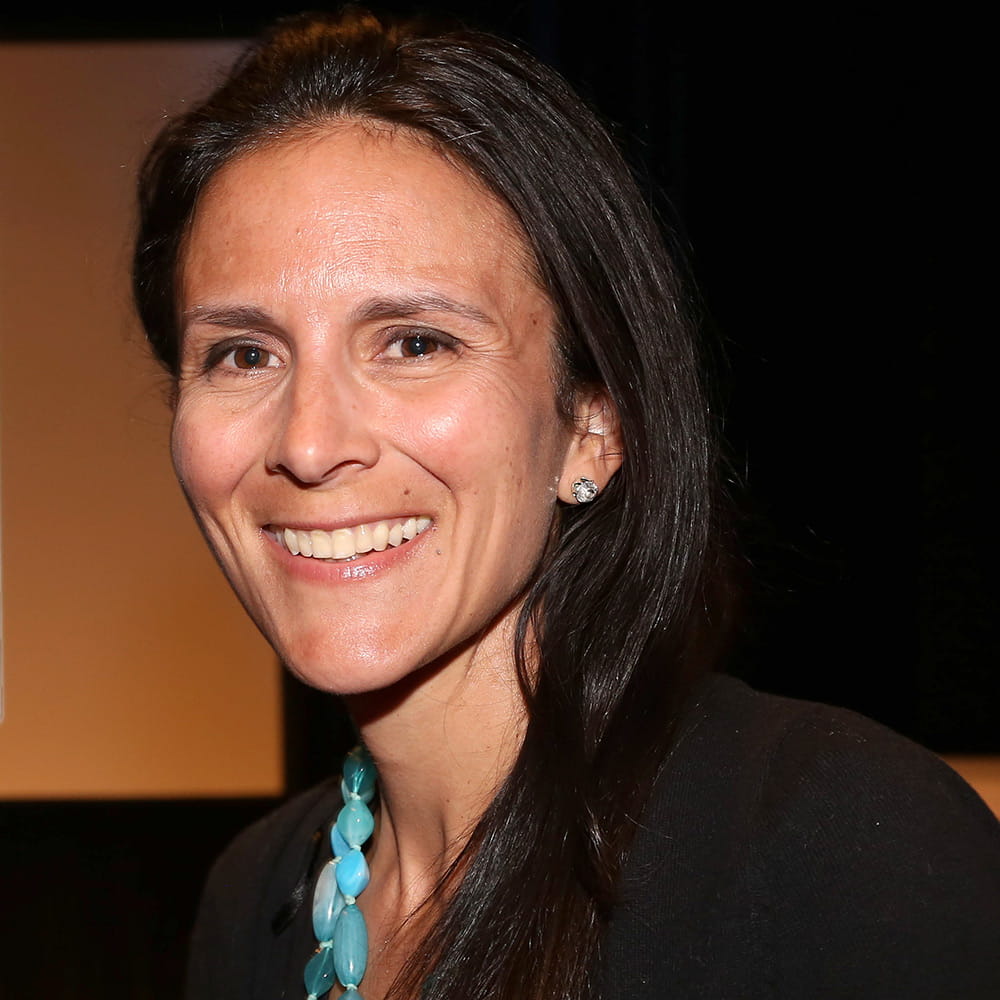
Got a question about this course? Chat with Professor Natasha Lindstaedt from the Department of Government.

Sign up for emails
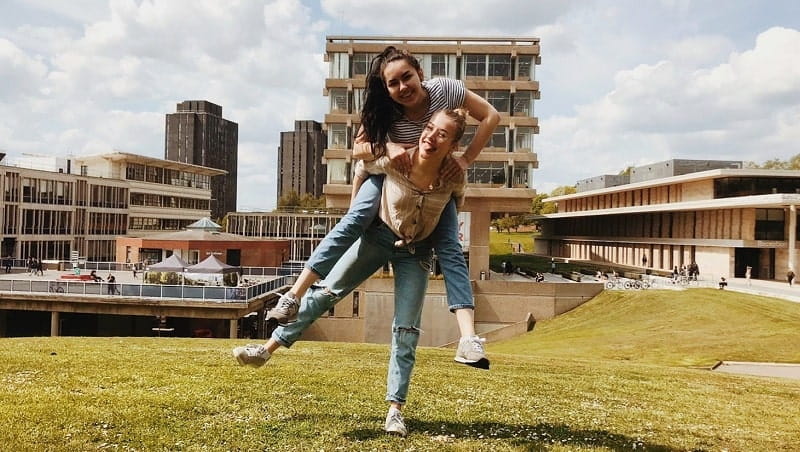
Apply now
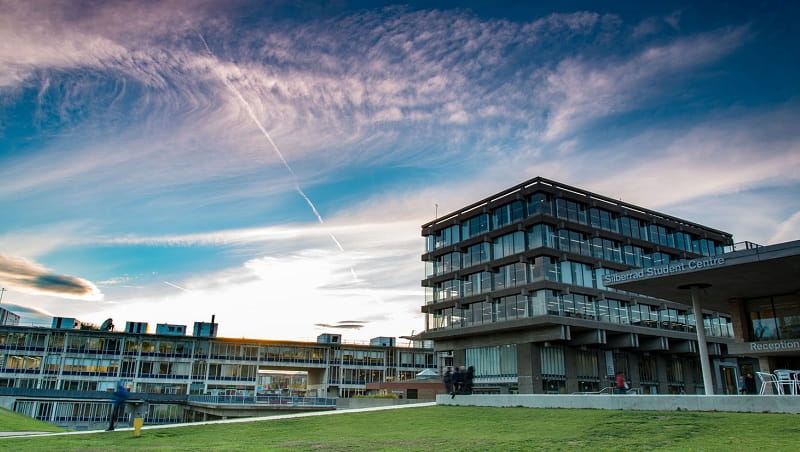
Visit us virtually
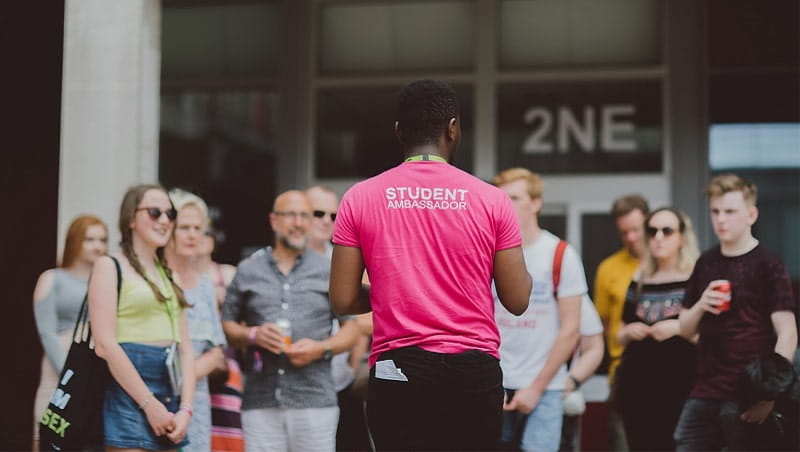
Book an open day
At Essex we pride ourselves on being a welcoming and inclusive student community. We offer a wide range of support to individuals and groups of student members who may have specific requirements, interests or responsibilities.
The University makes every effort to ensure that this information on its programme specification is accurate and up-to-date. Exceptionally it can be necessary to make changes, for example to courses, facilities or fees. Examples of such reasons might include, but are not limited to: strikes, other industrial action, staff illness, severe weather, fire, civil commotion, riot, invasion, terrorist attack or threat of terrorist attack (whether declared or not), natural disaster, restrictions imposed by government or public authorities, epidemic or pandemic disease, failure of public utilities or transport systems or the withdrawal/reduction of funding. Changes to courses may for example consist of variations to the content and method of delivery of programmes, courses and other services, to discontinue programmes, courses and other services and to merge or combine programmes or courses. The University will endeavour to keep such changes to a minimum, and will also keep students informed appropriately by updating our programme specifications. The University would inform and engage with you if your course was to be discontinued, and would provide you with options, where appropriate, in line with our Compensation and Refund Policy.
The full Procedures, Rules and Regulations of the University governing how it operates are set out in the Charter, Statutes and Ordinances and in the University Regulations, Policy and Procedures.
